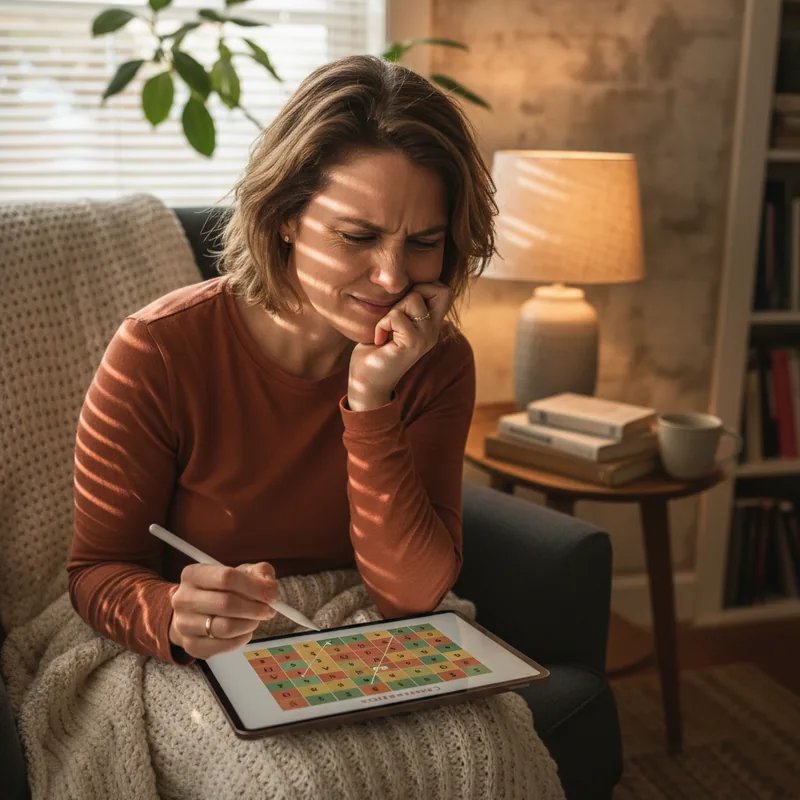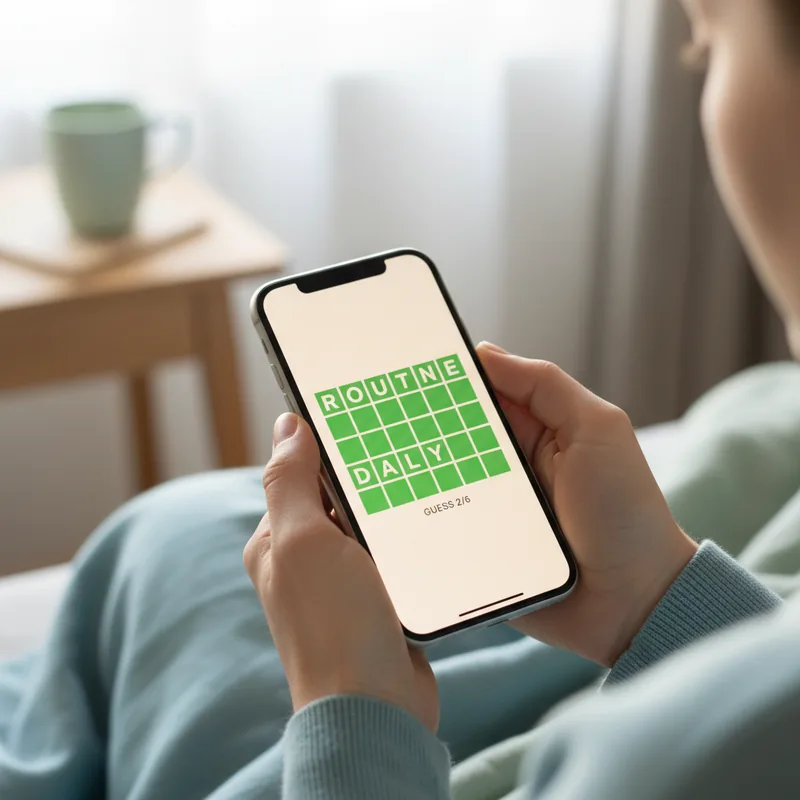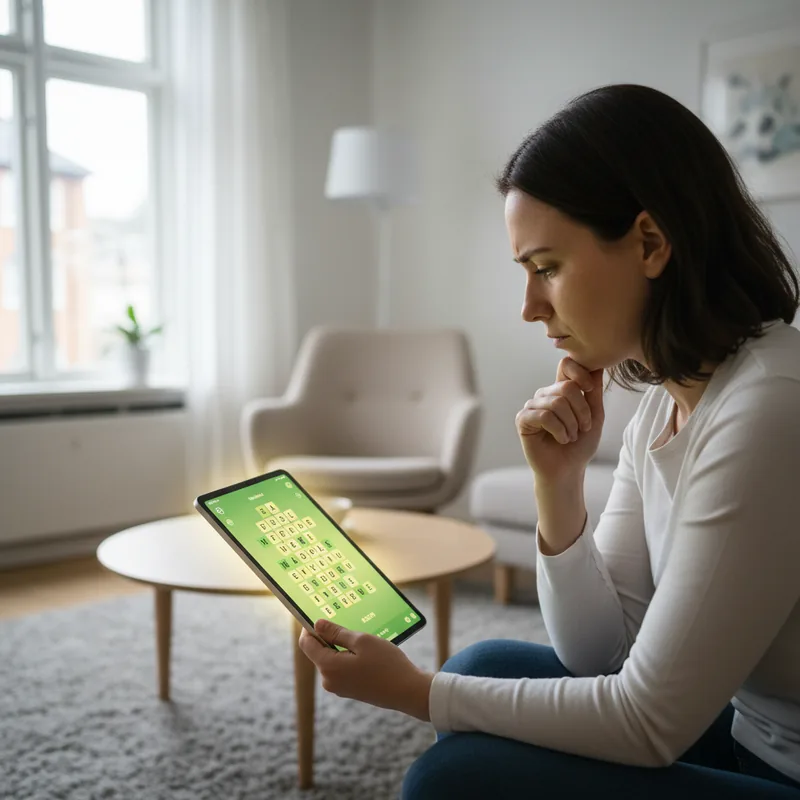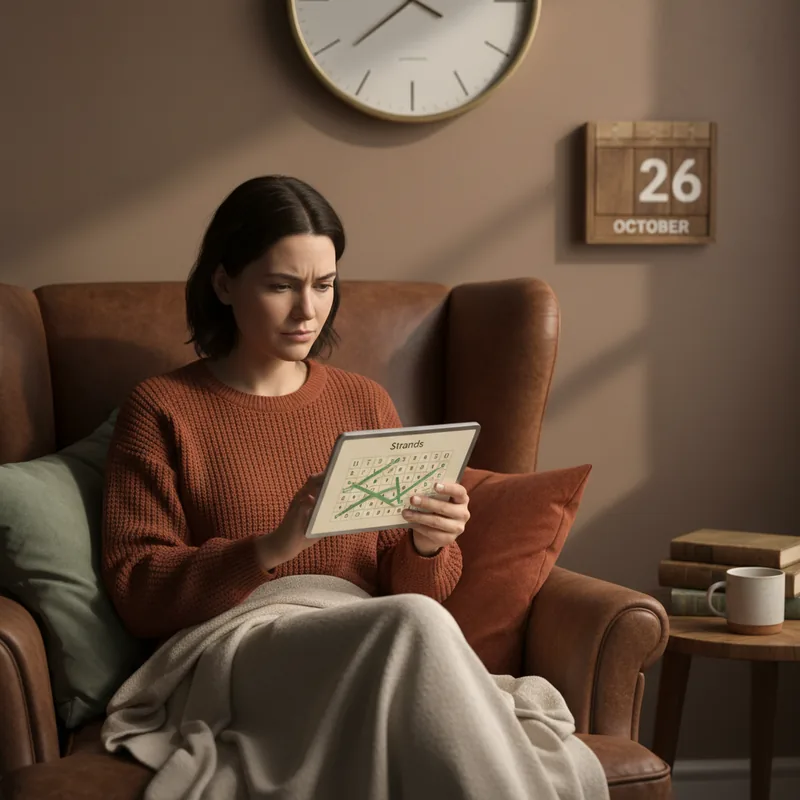The Surprising Power of Daily Hugs: Are You Truly Less Depressed?
Life can be relentlessly demanding, often leaving us feeling isolated, stressed, and emotionally drained. In a world increasingly focused on digital connections, the fundamental human need for physical touch often gets overlooked. Yet, what if a simple, everyday act could be a powerful antidote to some of our deepest emotional struggles? A growing body of evidence, including groundbreaking new research, suggests that people who hug daily are less depressed and anxious.
The Silent Struggle: Understanding Depression and Anxiety
Millions worldwide grapple with depression and anxiety, conditions that can cast a long shadow over daily life. Symptoms range from persistent sadness and loss of interest to chronic worry, fatigue, and difficulty concentrating. While professional therapy and medication are vital for many, the search for accessible, complementary strategies to boost mental well-being is ongoing. Traditional approaches, though effective, sometimes overlook the profound impact of basic human connection.
The root cause of these feelings often stems from a complex interplay of biological, psychological, and social factors. Loneliness and lack of social support are significant contributors to declining mental health. This is where the simple act of a hug comes into play, offering a tangible bridge to connection.
Why Do Hugs Make Us Feel Better? The Science of Connection
Anecdotal evidence has long celebrated the comforting power of a hug. Who hasn't felt a wave of relief after a heartfelt embrace during a tough time? Whether it's a comforting hug from a friend after a breakup, a parent's reassuring squeeze before a child's school play, or a spontaneous embrace with a loved one after a long day, these moments resonate deeply. But beyond the warm fuzzy feeling, there's compelling science at work.
When we hug, our bodies release oxytocin, often called the "love hormone" or "cuddle chemical." This powerful neurohormone is known to promote bonding, trust, and feelings of well-being, while simultaneously reducing stress hormones like cortisol. Research from institutions like Harvard (Harvard Health Publishing, 2024) consistently highlights the physiological benefits of positive social interactions, including touch, on our overall health. Stanford researchers have also pointed to the role of physical touch in regulating emotional responses and fostering resilience.
Groundbreaking Research: Daily Hugs Linked to Lower Depression
While the general benefits of social connection are well-established, large-scale studies specifically linking hugging frequency to mental health outcomes have been less common—until now. A significant new study, published in October 2025 in the Journal of Public Health by Hajek and co-workers, sheds crucial light on this connection.
This extensive research involved over 3,200 adult volunteers in Germany, aged 18 to 74, who participated in an online survey. They completed widely recognized questionnaires to assess symptoms of depression (Patient Health Questionnaire-9) and anxiety (Generalized Anxiety Disorder-7). Crucially, participants also reported their average daily number of hugs.
What Did the Scientists Uncover?
The findings were quite striking and offer a powerful insight into the potential of daily embraces:
- Prevalence of Hugging: Approximately 75% of volunteers reported hugging at least one person daily, with a notable 6% hugging four or more people each day.
- Mental Health Snapshot: Around 28% of participants showed signs consistent with depression, and 22% reported symptoms of anxiety.
- The Key Link: After meticulously controlling for various socioeconomic and health factors using advanced statistical models, the scientists discovered a significant association: hugging other people on a daily basis was significantly linked to a lower chance of depression and anxiety.
The study's conclusion is profound: regular hugging may act as a protective factor for mental health, potentially helping to prevent the onset of mental health challenges. This provides a robust, data-driven answer to the question: are people who hug daily less depressed? The evidence strongly suggests yes.
People Also Ask: Embracing the Power of Touch
How Can I Incorporate More Hugs into My Day?
Integrating more hugs into your daily routine doesn't have to be awkward. Start with those closest to you: family, partners, and close friends. A good morning hug, a welcoming embrace when returning home, or a comforting squeeze during a shared moment can make a big difference. Consider extending a hug when you sense a loved one is down, or simply as a spontaneous gesture of affection. Even a brief, heartfelt hug can be impactful in making you feel daily less depressed.
What If I Don't Have Many People to Hug Daily?
Social connection is key, and if frequent hugs aren't readily available, exploring other forms of supportive physical touch can still offer benefits. This could include holding hands, a pat on the back, or even spending time with a pet, as animal companionship has been shown to reduce stress and feelings of loneliness. Building your social circle through community activities, volunteering, or joining clubs can also create more opportunities for connection and potential hugs, helping you feel daily less depressed.
Are There Any Limitations to the "Hugs for Health" Idea?
It's important to remember that this study highlights a correlation, not necessarily direct causation. While people who hug daily are less depressed, it's also plausible that individuals who are naturally less depressed or anxious tend to be more socially engaged, leading to more hugging opportunities. The researchers themselves emphasize the need for future longitudinal and intervention studies to fully unravel the cause-and-effect relationship. Hugs are a powerful tool, but they are a complementary strategy, not a replacement for professional mental health care when needed.
Your Framework for a More Connected Life
The findings from this 2025 study offer a simple yet powerful solution framework: prioritize meaningful human connection, and let physical touch be a significant part of it.
Step-by-Step Implementation:
- Identify Your Hugging Circle: Who are the people in your life with whom you feel comfortable sharing a hug?
- Initiate with Intent: Instead of waiting, proactively offer a hug. A simple "Would you like a hug?" can open the door.
- Be Present: When you hug, make it a mindful moment. Focus on the connection, even if it's brief.
- Observe the Impact: Notice how you and others feel after a hug. This positive reinforcement can encourage more frequent embraces.
- Expand Your Connections: If your hugging circle is small, seek out opportunities to build new, supportive relationships.
Expected Outcomes:
You might notice an immediate lift in mood, a reduction in stress, and an enhanced sense of belonging. Over time, consistent daily hugging could contribute to greater emotional resilience and a general feeling of being daily less depressed.
Troubleshooting and Nuances
While the benefits are clear, remember that consent is paramount. Always ensure the other person is comfortable with a hug. Also, the quality of the hug matters more than just the quantity. A genuine, heartfelt embrace is likely more beneficial than a perfunctory one. This isn't about forced interaction but about fostering authentic connection. While hugs can significantly contribute to feeling daily less depressed, they are part of a holistic approach to mental well-being.
The evidence is mounting: embracing others isn't just a kind gesture; it's a profound act that nourishes our mental well-being. So, the next time you have the opportunity, don't hesitate. A warm, genuine hug might be just what you—or someone else—needs to feel a little brighter, a little safer, and a little less burdened by the weight of the world.










